Shipment: by Sea, Air or Express
Transport Package: by Carton or as Per Your Request
Origin: China
HS Code: 903281
Ammonia Pressure Regulator 1.Product Description
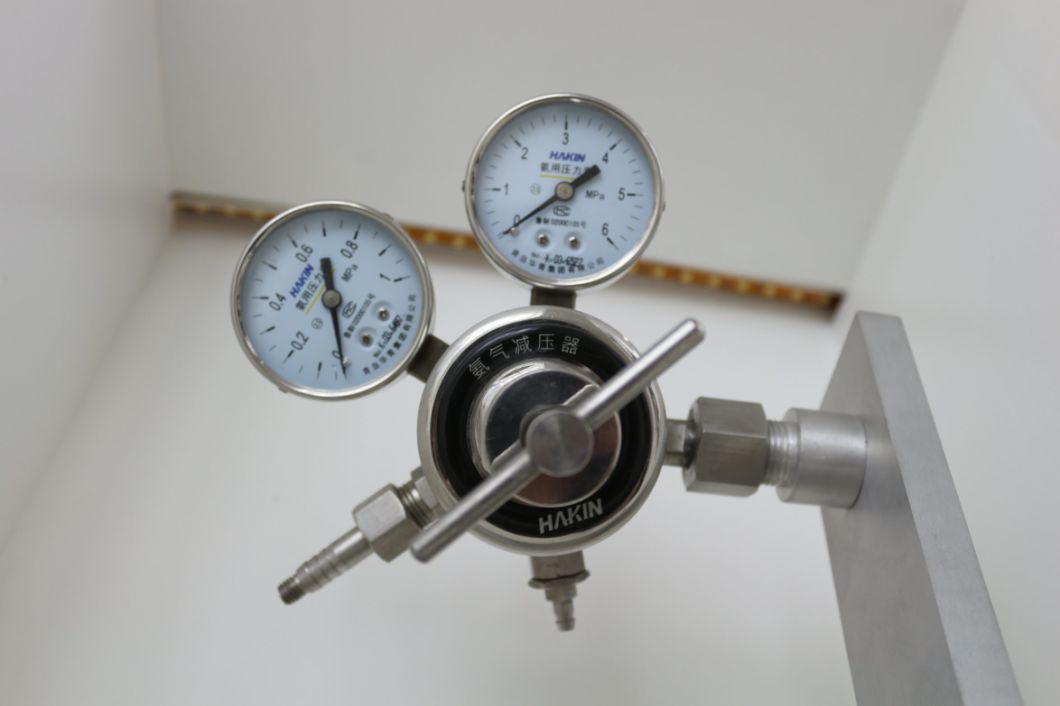
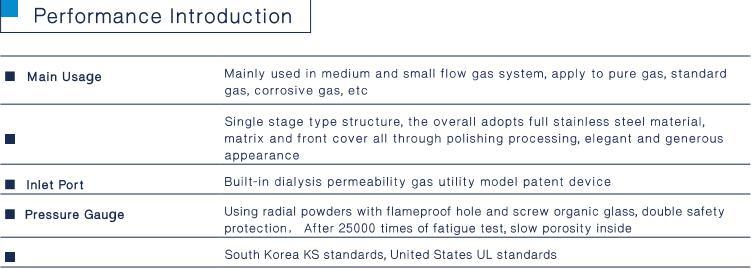

1) The regulator is applicable to industrial manufacturing,buiding and installation and so on.
2) The design of duplex gauge has provided convenience for reading of gas cylinder pressure adn operating pressure.
3) The main body is forged and fashioned from high-quality brass and the upper cover is manufactured from aluminum alloy and spray finished,and for the 60mm pressure gauge,external relief valves are equipped and sintered bronze filters are installed at the air inlet. Â
2. The Introduction of Our Company
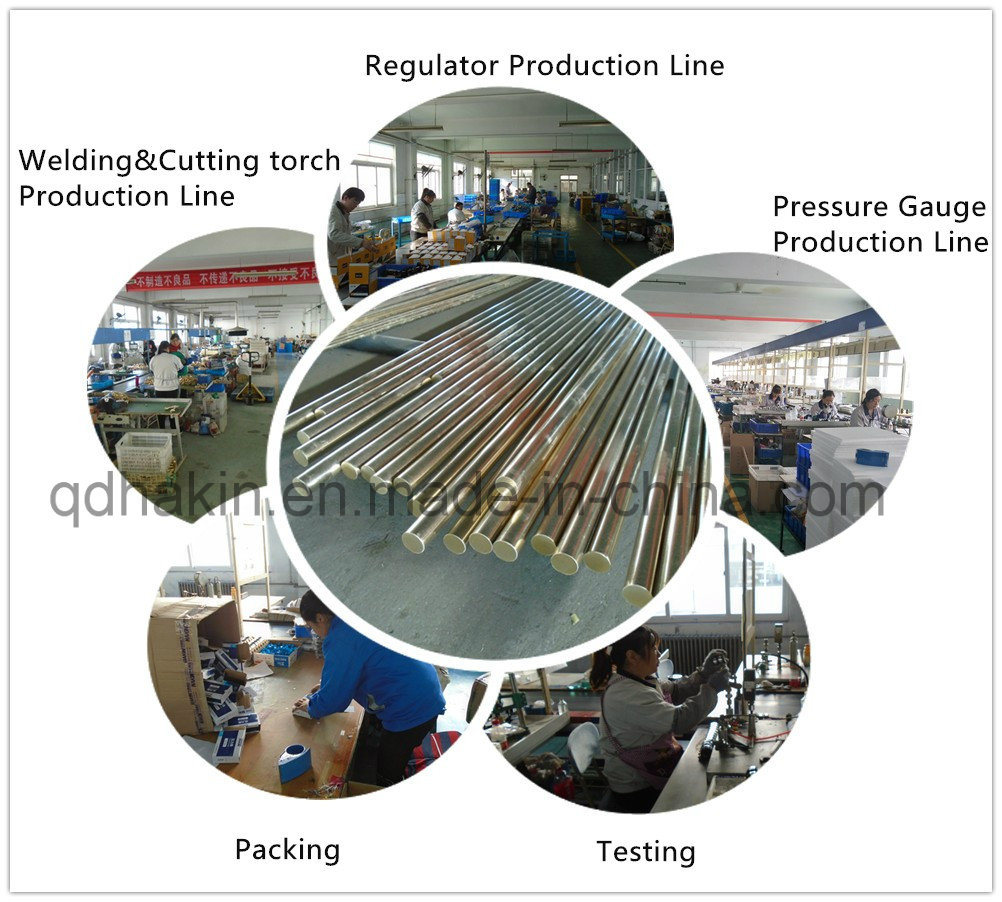
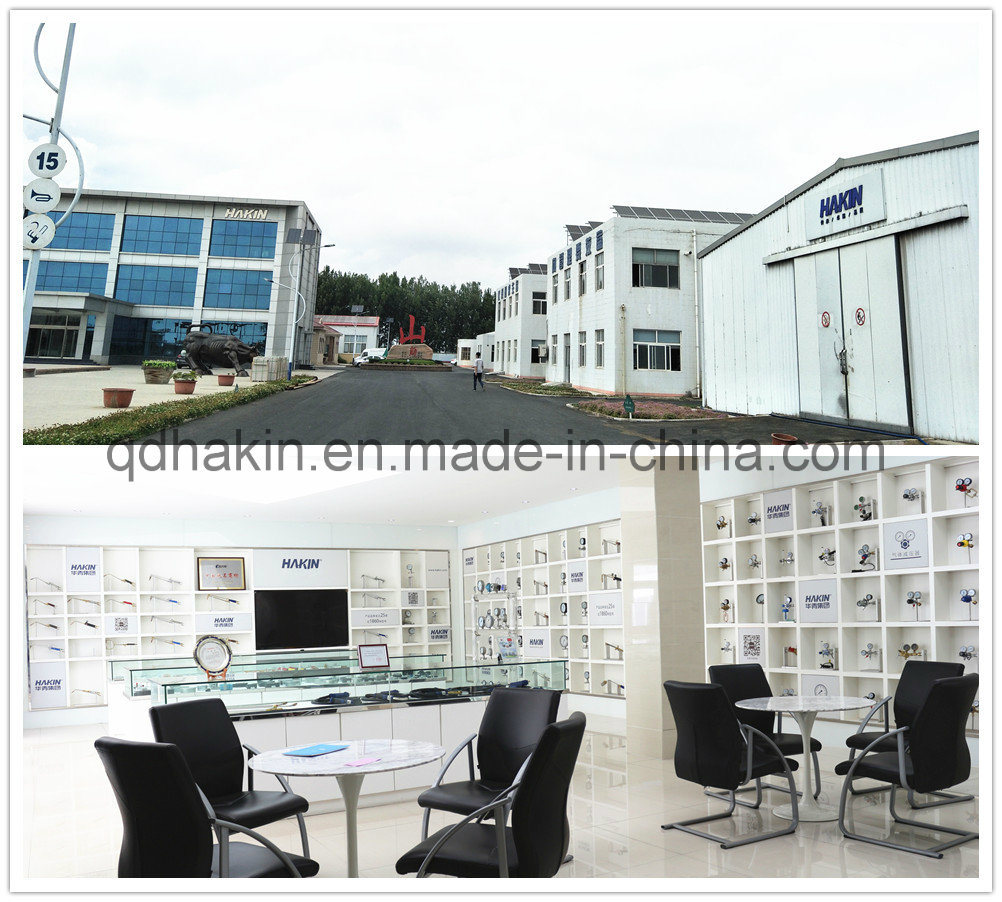
   We supply different kinds of products. High quality and favorable price. We're pleased to get your Inquiry and we will reply you as soon as possible. We stick to the principle of " Quality first, service first, continuous improvement and innovation to meet the customers" For the management and " Zero defect, zero complaints" As the quality objective.
3. Packaging & Shipping
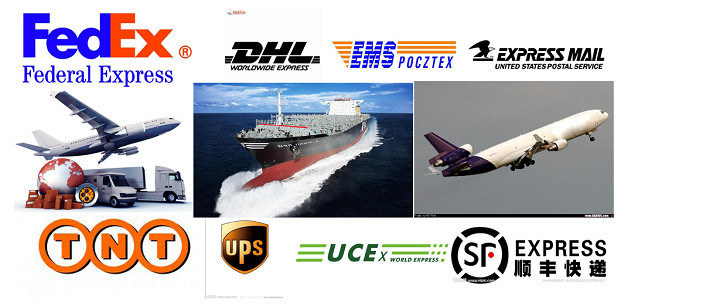
4. Why Choose Us?
  1.) We are specialized in pressure gauge for 20 more years.
  2.) Strictly quality controlling and inspecting system.
  3.) Reasonable and competitive price.
  4.) Fast delivery and time service.
  5.) Small quantity order is welcome.
5. FAQ:
Q1. What is your terms of packing?
A: Generally, we pack our goods in neutral white boxes and brown cartons. If you have legally registered patent,we can pack the goods in your branded boxes after getting your authorization letters.
Q2. What is your terms of payment?
A: T/T 30% as deposit, and 70% before delivery. We'll show you the photos of the products and packages before you pay the balance.
Q3. What is your terms of delivery?
A: FOB, CFR, CIF.
Q4. How about your delivery time?
A: Generally, it will take 30 to 60 days after receiving your advance payment. The specific delivery time depends on the items and the quantity of your order.
Q5. Can you produce according to the samples?
A: Yes, we can produce by your samples or technical drawings. We can build the molds and fixtures.
Q6. What is your sample policy?
A: We can supply the sample if we have ready parts in stock, but the customers have to pay the sample cost and the courier cost.
Q7. Do you test all your goods before delivery?
A: Yes, we have 100% test before delivery
Q8: How do you make our business long-term and good relationship?
A:1. We keep good quality and competitive price to ensure our customers benefit ;
 2. We respect every customer as our friend and we sincerely do business and make friends with them, no matter where they come from.
Â
Sodium tripolyphosphate (STPP) is a white, crystalline salt with the chemical formula Na5P3O10. It is commonly used as a food additive, water softener, and detergent builder. STPP is also used in industrial applications such as metal treatment, oil drilling, and ceramic production.
In food, STPP is used as a preservative, emulsifier, and texturizer. It is added to processed meats, seafood, and canned goods to improve their texture and extend their shelf life. STPP is also used in dairy products to prevent coagulation and improve texture.
In Water Treatment, STPP is used to soften hard water by binding to the calcium and magnesium ions that cause hardness. This helps to prevent scale buildup in pipes and appliances, and improves the effectiveness of soaps and detergents.
In detergent production, STPP is used as a builder, which helps to improve the cleaning power of the detergent by binding to hard water ions and preventing them from interfering with the cleaning process.
Despite its widespread use, STPP has been the subject of some controversy due to its potential environmental impacts. When released into waterways, STPP can contribute to eutrophication, which is the excessive growth of algae and other aquatic plants that can harm aquatic ecosystems. Some countries have placed restrictions on the use of STPP in certain applications to minimize its environmental impact.
Sodium Tripolyphosphate,Sodium Tripolyphosphate Stpp Food Class,Industrial Class Sodium Tripolyphosphate
Sichuan Jinhe Qihang Co,. Ltd. , https://www.jqfoodadditives.com
